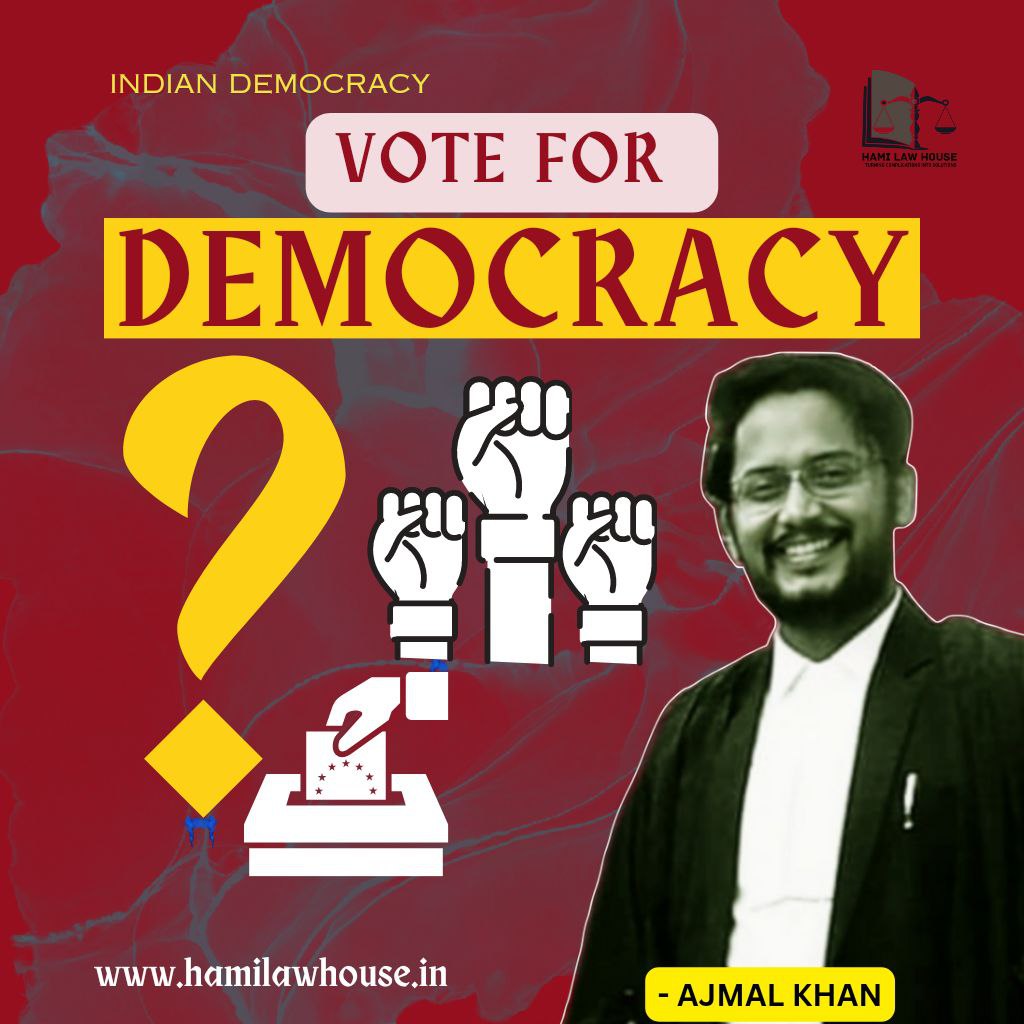Democracy: A Comprehensive Analysis
New Delhi: The significance of democracy: a full-scale review Democracy is recognized as a form of administration and is one of the most common and convenient. It is a system that gives people the ability to make decisions, be on their own and do the right thing via elections of complex programs or representatives . The significance of democracy is extremely important due to the following factors: equality, freedom, and justice . The following essay provides crucial information as to why society needs democracy, which dominates after the release of a report published by Chatham House, a British research institute of collegiate studies in the field of foreign policy situated in London.
The Essence of Democracy
At its heart, democracy is about allowing individuals to have a say. It is a mechanism by which people can express their views, pick their leaders, and keep them responsible. Democracy’s spirit is to ensure that the governance represents the will of the people and works for the greater good of society. In other words, the chatham house document explains that democracy is more than just a political system, it is a collection of ideals and norms that underpin the functioning of a society. These include human rights, freedom of speech, and the rule of law. So, democracy is not only about electing a government; it is about establishing a society that is free, equitable, and right.
The Benefits of Democracy
There are several reasons why democracy is the best form of government. The first reason is that democracy enhances political stability. Under the democratic system, power is shared among various arms of the government with checks and balances to avoid abuse of power. The people are also given the authority to change their leaders every few years to avoid political power wrangles . Democracy guarantees how the government will run, and thus internal conflicts never derail the administrative purpose.
Secondly, democracy ensures economic development. The democratic government is answerable to the citizens and is, thus, more motivated to ensure economic growth and reduce the gap in wealth. Secondly, it encourages entrepreneurship and new innovations as citizens have an equal opportunity to invest in the economy .
Thirdly, democracy contributes to social consolidation. When citizens join together regardless of the background and background, they participate in the political process. It creates a feeling of togetherness and homogeneity, and citizens understand that they have no future without their homeland and each other. However, despite the many benefits of democracy, it still faces some challenges. First and foremost is the growth of populism. Populist leaders take advantage of the people’s dissatisfaction and fear by coming to power at the same time as the democratic law of a market economy. Another problem is the loss of confidence in democratic institutions. In some countries, people don’t trust the government and political party and politics in general as a result. Voter turnout is declining and people are losing interest in politics.
The way forward
For instance, democratic institutions must be strengthened and democratic values must be promoted to address these challenges. One form of democratization is promoting transparent and free equitable elections as well as safeguarding free speech and expression. Participatory democracy should be encouraged and patronized. It implies that more citizens in decision-making locally can play an important and critical role in reducing the influence of corrupt practices between public governance officials. Similarly, digital democracy should be given impetus in the context of technology that can arguably abridge the gulf between governments at the same time the autonomous public.
In conclusion, democracy is a societal system that stands for freedom, equality, and balance. It enables people to influence administrative decision-making, demand responsible governance, and retain exceptional and equal human rights. There are several ways to foster democracy, obtain freedom, and civil society.
Read More: Click Here
Click Here: Hami Law TV
